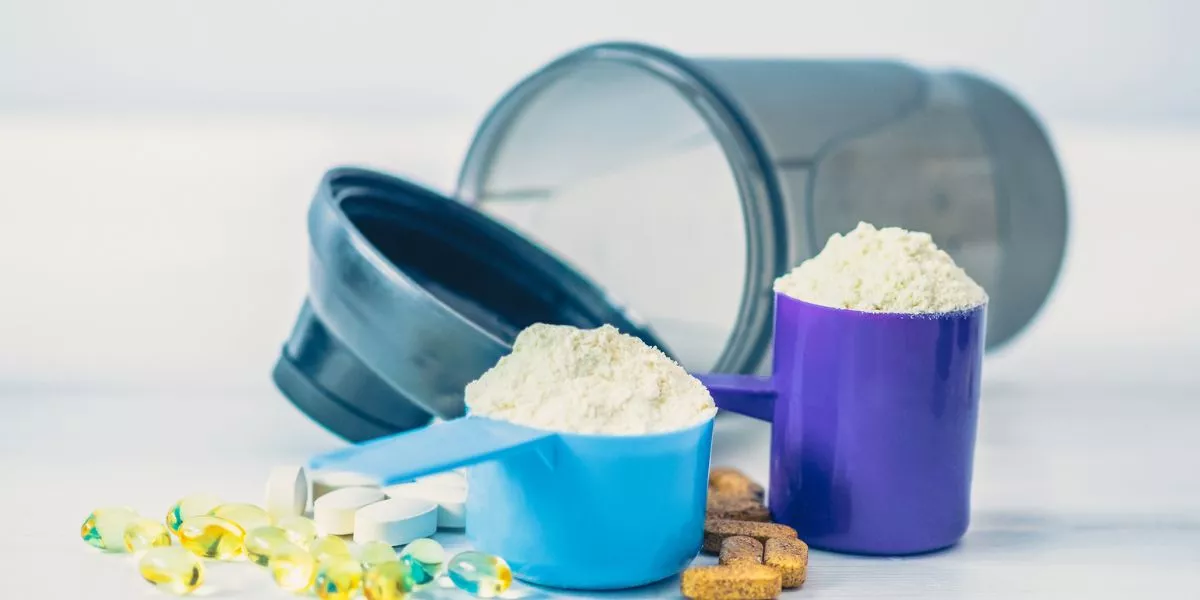
Have you ever considered the potential of supplements in naturally managing stress and anxiety? The idea of finding relief through simple additions to your routine might intrigue you, especially when exploring the benefits of certain nutrients and herbal remedies. Before dismissing the notion, it could be worth contemplating how these supplements interact with your body and mind, offering a gentle yet effective approach to supporting your mental well-being. Perhaps there's more to discover about this alternative path to finding calm amidst life's challenges.
Benefits of Using Supplements
Supplements can significantly help alleviate stress and anxiety symptoms when used consistently and as part of a holistic approach to wellness. By incorporating supplements into your daily routine, you provide your body with essential nutrients that support your mental health. These supplements work to balance neurotransmitters in the brain, such as serotonin and dopamine, which play a crucial role in regulating mood and emotions.
When taken as recommended, supplements can enhance your body's ability to cope with stress, promoting a sense of calm and relaxation. They can also help reduce feelings of anxiety and promote better sleep, allowing you to wake up feeling refreshed and ready to face the day. Moreover, supplements can boost your energy levels and improve your overall sense of well-being.
Common Supplements for Stress
To manage stress effectively, consider incorporating common supplements known for their stress-relieving properties into your daily routine.
One popular supplement is Ashwagandha, an adaptogen that helps the body manage stress by reducing cortisol levels.
Another common supplement is Rhodiola Rosea, which may improve mood and alleviate symptoms of stress.
Additionally, L-theanine, commonly found in green tea, has been shown to promote relaxation without causing drowsiness.
Omega-3 fatty acids, often found in fish oil supplements, can also have a calming effect on the body and mind.
Magnesium is another essential mineral that plays a crucial role in stress management, as it helps regulate neurotransmitters involved in stress response.
Lastly, Valerian root is a herb known for its sedative properties and may help improve sleep quality, which is often disrupted by stress.
Incorporating these common supplements into your routine may assist in managing stress and promoting a sense of calm.
Research on Supplement Efficacy
Research has provided valuable insights into the efficacy of various supplements in managing stress and anxiety. Studies have shown that certain supplements, such as ashwagandha, valerian root, and omega-3 fatty acids, may help alleviate symptoms of stress and anxiety.
Ashwagandha, an adaptogenic herb, has been found to reduce cortisol levels, which are often elevated during times of stress. Valerian root, known for its sedative properties, may help improve sleep quality and reduce anxiety symptoms. Omega-3 fatty acids, commonly found in fish oil, have been linked to lower levels of anxiety and perceived stress.
Additionally, research suggests that supplements like magnesium, L-theanine, and probiotics may also play a role in managing stress and anxiety. While more studies are needed to fully understand the mechanisms behind supplement efficacy, current research highlights the potential benefits of incorporating certain supplements into your stress management routine.
Safety Considerations and Recommendations
When considering incorporating supplements into your stress management routine, it's crucial to prioritize safety by understanding potential interactions and consulting with a healthcare professional. Some supplements may interact with medications you're already taking or exacerbate certain health conditions.
For example, St. John's Wort, a popular supplement for mood support, can interact with birth control pills, blood thinners, and antidepressants. It's essential to disclose all supplements you're taking to your healthcare provider to ensure they won't interfere with your current treatment plan.
Additionally, quality control is vital when choosing supplements. Look for products that have been tested by a third-party organization, like USP or NSF International, to verify their ingredients and potency. Always follow the recommended dosage instructions on the supplement packaging, as exceeding these doses can lead to adverse effects.




